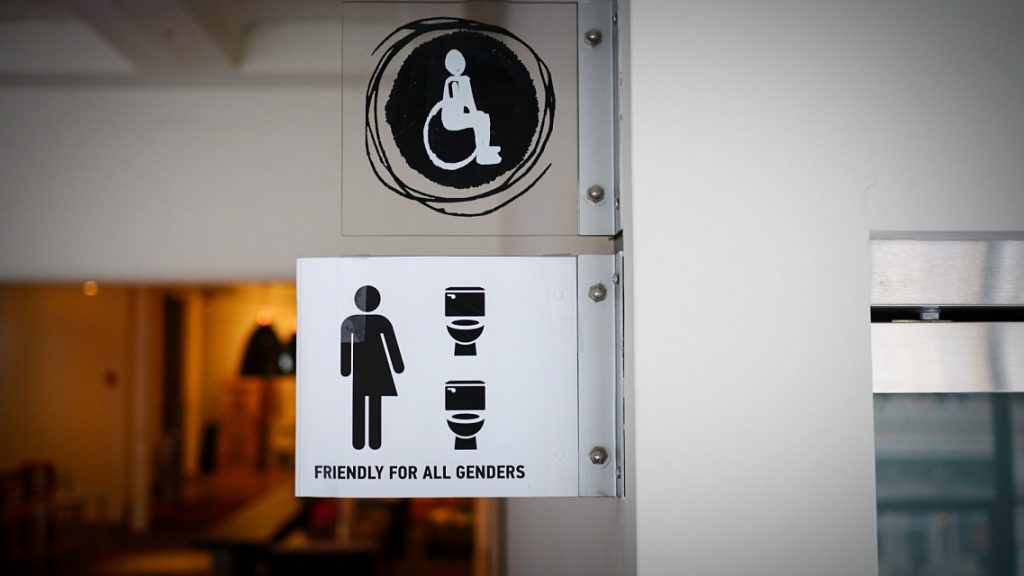Students Speak Out Against Transgender Bathroom Policy
Students at an Oregon public school are speaking out against the district's inclusive bathroom policy, as they feel unsafe.

In recent years, liberal activists have been steadfastly advocating for more LGBTQ rights. Within this battle, public schools have been heavily caught up in the debate. Transgender sports is one area seeing a push from both sides of the fight, and more and more states are banning these individuals from participating in sports aligning with their gender identity. Bathroom facilities have also become a great concern, and students are now speaking up in protest to any district inclusive bathroom policy that may allow them to use whichever bathroom they please.
See the entire video below.
Salem Kaizer Public Schools in the heavy-leaning liberal state of Oregon has been under scrutiny by conservatives this year for the district’s controversial measures, such as an inclusive bathroom policy. Recently, the district came under more fire after the popular social media account, Libs of TikTok, shared a video depicting a group of female students speaking out against the transgender bathroom rulings within their high school. One female student, in particular, gave her two cents on why she is concerned about the school’s policy.
The teen girl communicated her fears that the inclusive bathroom policy could allow males in her school to take advantage of the ruling with ulterior motives in mind. She expressed that her “biggest concern” is that it could lead to rapes, assaults, and teen pregnancies. Furthermore, Libs Of TikTok said this was part of an ongoing protest at the high school, that has been occurring over the last two weeks.
G2T attempted to find additional proof of these said protests, but could not find any concrete evidence that they are, in fact, happening. Similarly, Libs Of TikTok claims that because of the protests, schools within the district are removing the entrance to the bathroom facilities in order to promote the district’s inclusive bathroom policy. The account runner says she personally spoke to one parent who states her daughter is now suffering from extreme anxiety as she is scared to use the restroom.
While quite ambiguous in definition, Salem Kaizer schools do have an inclusive bathroom policy in place, according to information from the district’s website. It states that schools are required to implement gender-neutral bathrooms. Also, it states that all students, staff, and district visitors are given access to gender-specific facilities consistent with the gender they identify with.
Those against this inclusive bathroom policy feel that allowing any individual to use a bathroom of their liking will lead to increased cases of assault and rape. They often use a 2021 case in which a teenage boy was charged for raping a girl inside a school bathroom in Loudon County. The Post Millenial writes that he gained access to the gender-inclusive bathroom by wearing a skirt before he raped the young girl.
Still, advocates for transgender rights and inclusive bathroom policy say that this is no reason to ban transgenders from access to the bathroom with which they identify. They often point out that there is in fact no way to stop a male student from entering an unlocked, unguarded public restroom to assault someone. Furthermore, they point out that in this case, the student had never identified himself as being transgender.
Despite the divide, it is apparent that even students throughout America have differing views on whether or not this inclusive bathroom policy should remain in place or not. The issue is becoming such a great concern, that states like Alabama are now introducing bills looking to ban transgender access to restrooms. And as the debate rages on, more states will likely follow suit.



